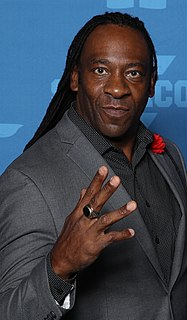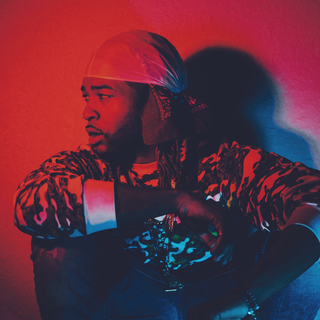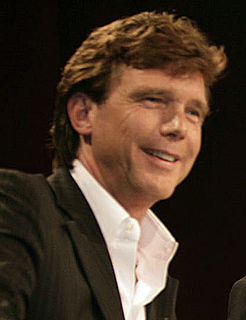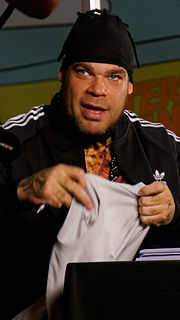A Quote by Mat Kearney
If you make people think they're thinking they'll like you, but if you make people actually think, then watch out, you're not going to be popular.
Related Quotes
What I want to do is make things that I think people want to watch. I'm a film fan, so I think I'm in touch with other film fans and that they might want to watch stuff. The other reason I really don't care is because no matter what you do in life, no matter what you wear, or what you say, people are going to like it or they're not. And that is all. Everything, down to the socks I chose today - people are going to like them or they're not and there's nothing you can do about that.
I think a lot of people go into filmmaking thinking, "How can I make a career?" And so when they make their first film, they make it thinking, "Well, this'll be the one that gets me to the place where I can make the second film the way I want to make it, and that'll get me to the place where I can make $100 million on the third film." And I thought, "Well, if I put sustainability at the bottom of my priority list, then what opportunities is that going to free me up to pursue?" And that's what I've always done.
There are days when either filmmaking feels like an insurmountable practice - here's a lot of obstacles in the way to make it happen - or you think, "What does this all add up to?" You don't know what to do with the footage, and you've asked a lot of people for their time and a lot of people to be patient with you. And then you lose faith that you can actually make a worthwhile story out of this.
I'm going to make the music I make regardless and it's always going to be driven by rhythm and blues and hopefully it becomes popular. But I don't cater to, like, 'OK, I want to make music that's going to fit in this pop world or go on the charts, etcetera, etcetera.' Hopefully, enough people like it so it becomes popular.
I did sit in cinemas as a kid looking at English and American movies thinking, "Wouldn't it be great if the characters were like real people?" And the worst thing is films are constantly advertising themselves, drawing attention to their style of things. But actually I make films that I think are extremely sophisticated and cinematic. But you don't want the audience thinking about the bloody film. You want them to think about what's going on, and believe in it. Be flies on the wall, you know?
A good collaboration I think it's really, truly a vibe thing. The people who are most excited about collaborations are people in the business, people who are thinking, "This is going to be great press," or, "This is going to expose you to all these people you haven't reached before." I prefer not to think like that. I'm more, if you meet the person, you like the person, you've talked to them, you feel connected, you feel like there's a creative exchange, then it kind of happens by itself. I'm open to it, but it has to feel right. If it feels forced, then I'm fearful of doing it.
What I don't like so much is people who - how do you say this? - who make judgments over the genre of reality like it's television from the devil, and that's something that I don't like because I think everybody should watch what they like. It's a free world. It's a form of democracy. If you like it, watch. If you don't like it, don't watch.




































